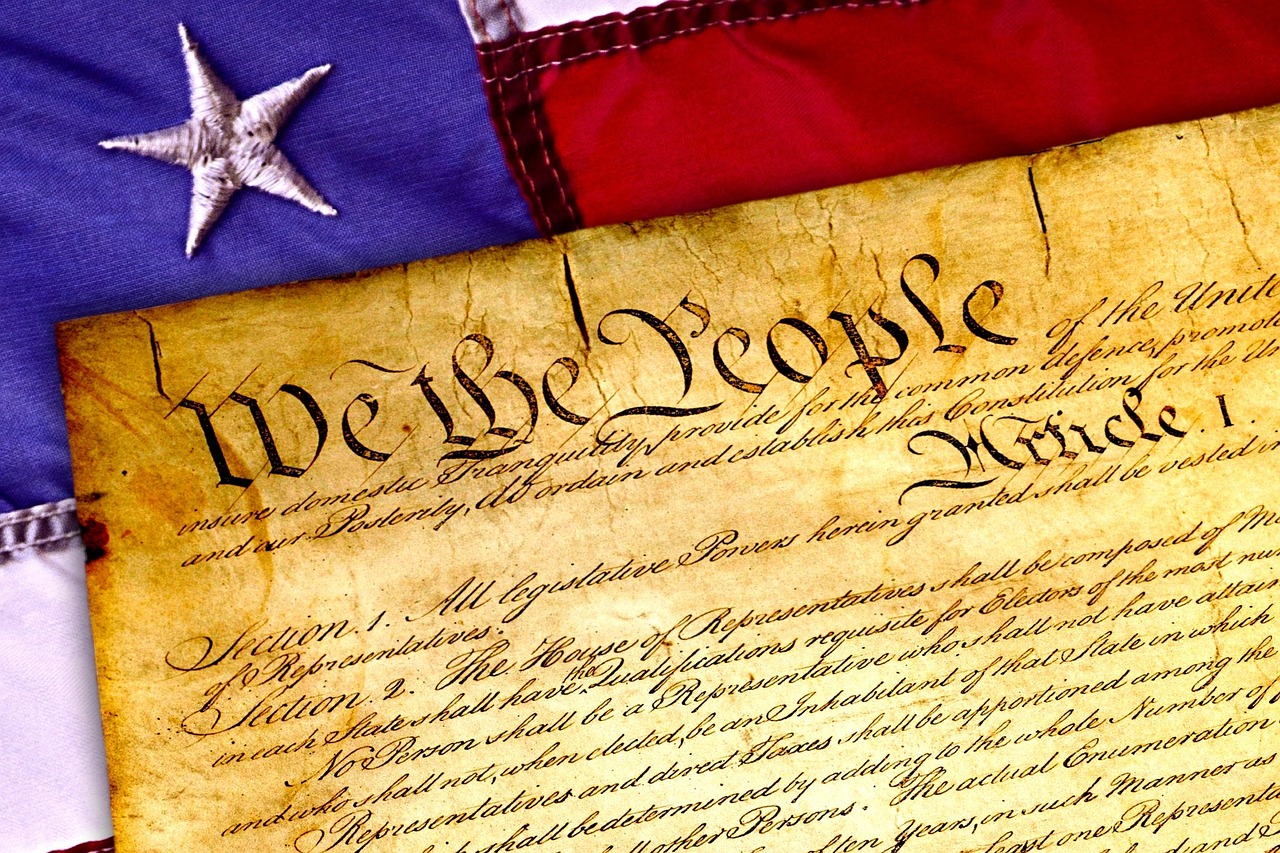
By Andy Brack, editor and publisher | For the record, I didn’t like the old normal. Too much of substandard education, social injustice, unbalanced tax structure and vitriolic politics.
 You can imagine what I think of this new normal, coronavirus. I dislike it more. People scared. Toilet paper hoarded. Businesses cratering. Politics, well that’s still vitriolic.
You can imagine what I think of this new normal, coronavirus. I dislike it more. People scared. Toilet paper hoarded. Businesses cratering. Politics, well that’s still vitriolic.
But let’s try to look for a silver lining. At least now, perhaps people are better understanding the notion of shared sacrifice and the common good.
The notion of common good is built into our country’s DNA. Our founding fathers wanted to shrug off an oppressive system and take control of our destiny through a democratic system powered by people. The underlying principle generally was that people, not a king, would decide how to do things, which would benefit the majority.
In challenging times for the common good, people were to give a little to save a lot down the road. Give some in taxes to build a road to benefit all. Give a little to provide for the common defense, education, good working conditions and economic infrastructure.
It’s all outlined in the U.S. Constitution, the preamble of which discusses forming a more perfect union to “establish Justice, insure domestic Tranquility, provide for the common defence, promote the general Welfare, and secure the Blessings of Liberty to ourselves and our Posterity.”
“Welfare” in this case doesn’t mean handouts by the government to people who are down on their luck. It means people in towns and villages across the country working together to accomplish common goals, or goods, to make their areas better for all.
“‘Promote the general Welfare’ to me means we provide the environment that promotes opportunity for success,” GOP Rep. Bill Herbkersman of Bluffton reflected in 2017.
The notion of common good has served America well. Early on, it created a national bank to boost industrialization. As farmers exploited the nation’s bounty, entrepreneurs built the nation’s infrastructure.
The common good, through Franklin Delano Roosevelt’s New Deal, whipped the Great Depression. The Greatest Generation sacrificed at home and abroad for the nation to win World War II. Then came long-delayed successes in civil rights that led to improvements across the nation to improve education and reduce poverty.
What followed wasn’t pretty. First was the “me generation” of the 1970s that fueled Wall Street’s greed. Unfortunately, we’ve created a financial system corrupted by income inequalities that are at the root of tearing our nation apart. Intertwined has been a divisive partisan fissure that has twisted the knives of politics into festering sores of race and class.
So in recent years, the whole notion of our duty for a common good has suffered. That’s why it’s heartening to see so many Americans self-isolating during the coronavirus crisis that’s slamming the nation. Yes, there’s a selfish reason for it — to not get the horrible COVID-19 disease. But there’s also a shared community benefit of being at home for a few weeks -so people won’t die in great numbers as with the flu pandemic of 1918.
Some say actions taken by local, state and national governments are out of line and going too far — that everyone is overreacting and you can’t assume what we’re doing now will have long-term gain. One Charleston man posted this to Facebook: “The response — crashing the global economy– is grossly disproportionate to the risk. We are not dealing with smallpox or the plague here.”
Most people argued with him and supported the shared sacrifice of staying at home and losing some money and jobs in an attempt to get past the impacts of the virus more quickly.
One Florida man observed, “The fact that many Americans are doing this is a sign of hope.” A New York pastor with ties to South Carolina added, “I am seeing a lot of people winnowing out the chaff in their lives. That and there are so many lessons to be gleaned. It is a shame that the pain threshold is so high before we start paying attention.”
Our grandparents and great-grandparents sacrificed for years to get through the Great Depression and World War II. We need to follow their example to get through this national crisis.
- Have a comment? Send to: feedback@statehousereport.com.


